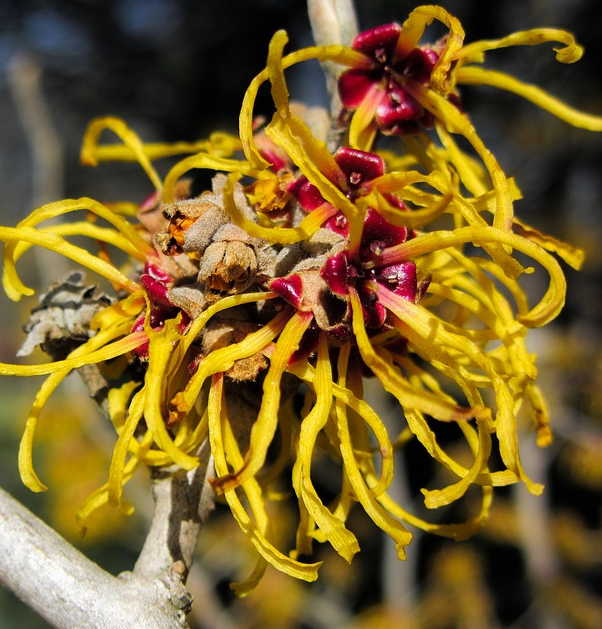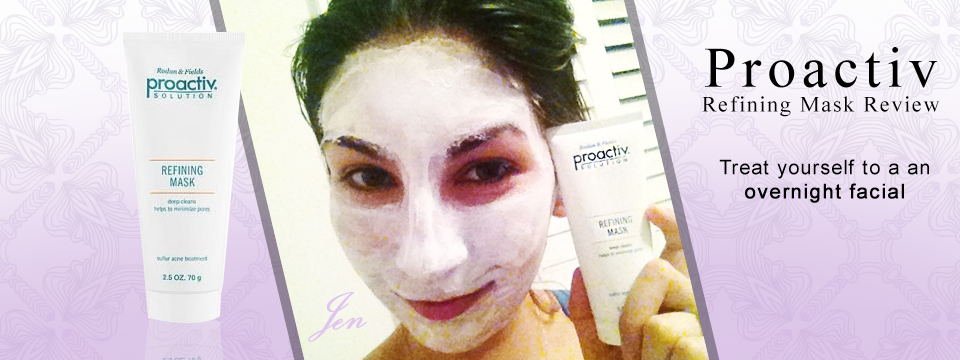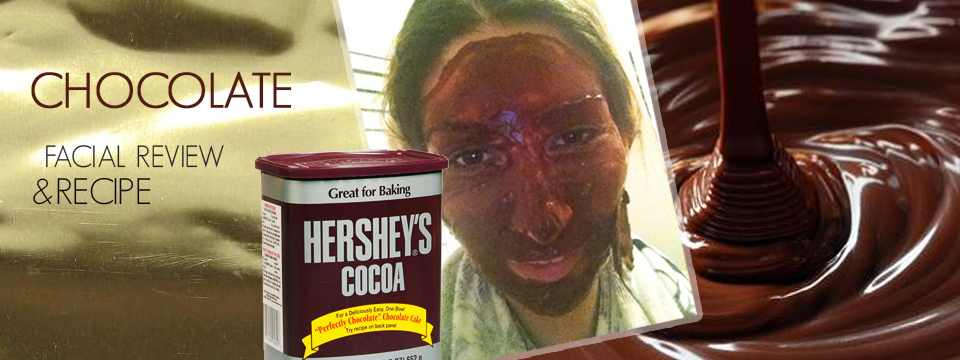For centuries, herbal remedies have been sought after for treating a multitude of health issues. With varicose veins being a common issue plaguing many, the question on everyone’s mind is, “Is witch hazel good for varicose veins?” This comprehensive guide aims to shed light on this very question, offering insights based on firsthand experiences, expert opinions, and credible sources.
Is Witch Hazel Good for Varicose Veins?
Witch hazel, a plant native to North America, has been used for its therapeutic properties for ages. When it comes to varicose veins, the tannins and flavonoids present in witch hazel are believed to reduce inflammation and tighten the skin, potentially easing the appearance and discomfort of the veins. But the big question remains – how effective is it really?
History of Witch Hazel
Native American Uses
Long before modern medicine, Native Americans revered witch hazel for its healing properties. They boiled the plant’s stems, producing a decoction to treat skin ailments, swellings, and inflammations.
Modern Day Applications
Today, witch hazel is a common ingredient in many skincare products, notably for its astringent properties. From treating acne to reducing skin inflammation, its applications seem vast.
The Science Behind Witch Hazel
Active Compounds
Tannins and flavonoids are the primary active compounds in witch hazel, contributing to its anti-inflammatory and antioxidant properties. These compounds play a pivotal role in potentially aiding varicose veins.
Mechanism of Action
Witch hazel works by constricting blood vessels, reducing inflammation, and tightening the skin. This might be the golden ticket when looking to alleviate the discomfort caused by varicose veins.
Understanding Varicose Veins
Causes
Varicose veins are swollen, enlarged veins that can appear blue or dark purple. They’re caused by weakened valves and veins in the legs.
Symptoms
Common symptoms include aching legs, swollen feet and ankles, muscle cramps, and dry, itchy skin over the affected vein.
Complications
In severe cases, varicose veins can lead to ulcers, bleeding, or venous eczema.
Witch Hazel and Varicose Veins
Studies and Results
Although anecdotal evidence suggests benefits, rigorous scientific studies on witch hazel’s effect on varicose veins are limited. Some studies do indicate reduced inflammation and skin tightening, but more research is needed.
User Testimonials
Many users swear by the effects of witch hazel on their varicose veins, citing reduced appearance and discomfort after consistent application.
Application Techniques
Direct Application
By applying witch hazel directly to the affected area using a clean cloth or cotton ball, one can potentially see benefits over time.
Compresses
Another effective method is using witch hazel compresses. Soaking a cloth in a witch hazel solution and placing it on the varicose veins can offer relief.
Potential Side Effects
Allergic Reactions
While rare, some individuals might experience allergic reactions to witch hazel, manifesting as rashes or itchiness.
Long-Term Use Concerns
Prolonged use of witch hazel can potentially dry out the skin, so it’s crucial to monitor its effects and perhaps alternate with moisturizing treatments.
Alternative Herbal Remedies
Horse Chestnut
Another natural remedy, horse chestnut extract, has been touted for its vein-supporting properties.
Grape Seed Extract
Rich in antioxidants, grape seed extract can potentially support vascular health, making it another alternative to consider.
Expert Opinions on Witch Hazel
Dermatologists’ Take
Many dermatologists acknowledge the skin-soothing properties of witch hazel, though opinions vary regarding its effectiveness for varicose veins.
Herbalists’ Views
Herbalists, with their deep-rooted belief in natural remedies, often promote the use of witch hazel for various skin and vascular issues.
Tips for Preventing Varicose Veins
Diet Recommendations
Consuming a diet rich in flavonoids can help reduce the risk. Foods like blueberries, cherries, and spinach are great choices.
Exercise Suggestions
Regular exercise, especially leg exercises, can promote better blood flow, reducing the risk of varicose veins.
Frequently Asked Questions
What is the recommended dosage of witch hazel for varicose veins?
Typically, users are advised to apply witch hazel topically to the affected areas twice daily. However, it’s crucial to consult a healthcare professional for personalized advice.
Are there any contraindications when using witch hazel?
It’s essential to avoid using witch hazel if you have an allergy to it. Also, avoid applying it to open wounds or severely irritated skin.
How soon can one expect results?
The results can vary from person to person. Some users report seeing benefits within a few weeks, while others may take longer.
Can I use witch hazel while pregnant?
Always consult a healthcare professional before using any remedy, natural or otherwise, during pregnancy.
Is witch hazel safe for all skin types?
Mostly, yes. However, those with extremely sensitive skin should proceed with caution and perhaps conduct a patch test first.
Can I combine witch hazel with other treatments?
Yes, but it’s wise to consult with a healthcare provider or dermatologist to ensure no adverse reactions occur.
Conclusion
The journey of exploring “Is witch hazel good for varicose veins?” has been enlightening. While definitive scientific evidence may still be on the horizon, anecdotal testimonies and some preliminary studies suggest there’s potential in this natural remedy. As always, personal diligence and consultation with professionals are vital. Here’s to holistic, informed health choices!



